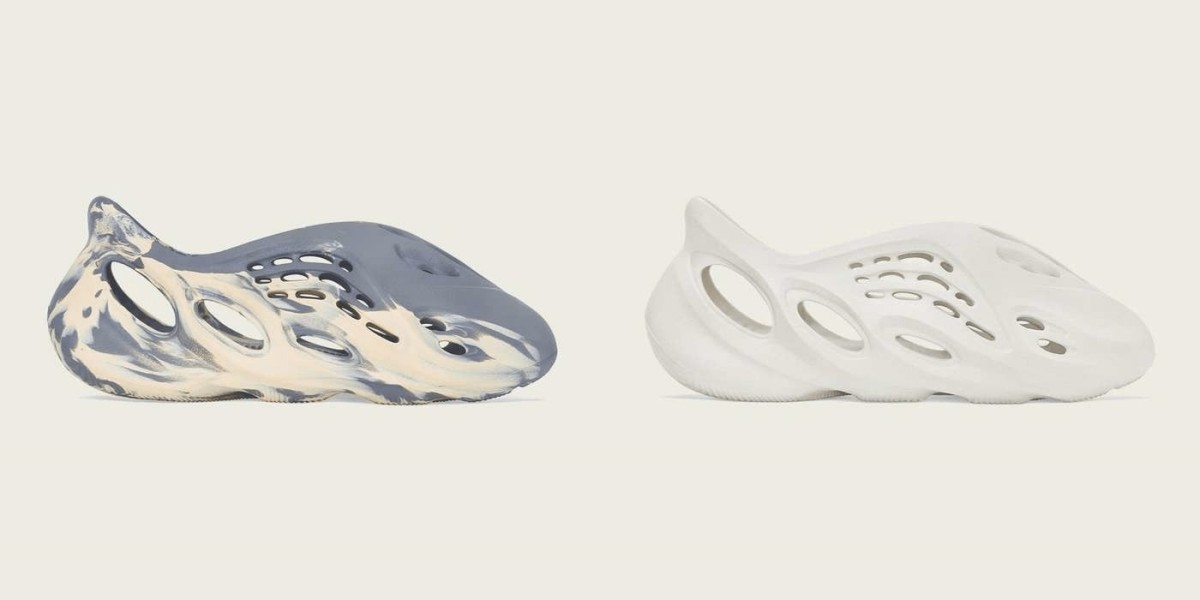Introduction: The year 1968 was a crucial turning point in history, marked by various significant events that shaped the world as we know it. One of the most impactful occurrences was the Prague Spring and the subsequent Soviet invasion of Czechoslovakia in June of that year. This tumultuous event tested the limits of Cold War politics, shattered hopes for democratic reform, and highlighted the iron grip of the Soviet Union on its satellite states. Let us delve deeper into this significant event and its implications on the global stage.
Detailing the Event:
In the late 1960s, Czechoslovakia was ruled by a staunchly communist regime led by the first secretary of the Communist Party, Alexander Dubcek. Under Dubcek's leadership, a period of liberalization known as the Prague Spring commenced, as the government implemented reforms aimed at creating socialism with a human face. These reforms included loosening restrictions on the media, granting more personal freedoms, and allowing for increased political pluralism.
However, the burgeoning sense of political and social openness in Czechoslovakia quickly attracted the attention of the Soviet leadership, who viewed such reforms as a threat to their iron grip on the Eastern Bloc. On the night of August 20-21, 1968, the stage was set for a dramatic and devastating showdown.
In a shocking turn of events, more than 500,000 troops from the Warsaw Pact countries, led by the Soviet Union, rolled across the Czechoslovakian border. Tanks rumbled through the streets of Prague, helicopters buzzed overhead, and armed soldiers patrolled every corner. The peaceful atmosphere of the Prague Spring was abruptly shattered as pro-Soviet forces sought to suppress the growing wave of dissent and restore communist orthodoxy.
The invasion was met with widespread resistance from the Czechoslovakian people. Citizens took to the streets in peaceful protests and organized acts of civil disobedience, bravely standing up against the overwhelming military might of the invaders. However, despite their resilience, the Soviet-backed forces prevailed.
nike off white blazer fitThe consequences of the invasion were profound. Dubcek was swiftly replaced by a more compliant leader, Gustav Husak, who rolled back the reforms of the Prague Spring and reinstated tight control over Czechoslovakia. The crushing of the Prague Spring sent shockwaves throughout the world, revealing the harsh reality of the Soviet Union's dominance and the limited scope for independent political development in the Eastern Bloc.
jackie robinson dunks nikeThe Soviet invasion of Czechoslovakia in June 1968 was a watershed moment that demonstrated the strength and determination of the Soviet Union in preserving its sphere of influence. It was a stark reminder of the deep-seated divisions of the Cold War era and the lengths to which superpowers would go to maintain their stranglehold on their satellites. Despite the suppression of the Prague Spring, its legacy of democratic aspirations and a desire for freedom continued to resonate, seeding the grounds for future movements of change throughout Eastern Europe.
adidas ultra boost vs nike free rn







